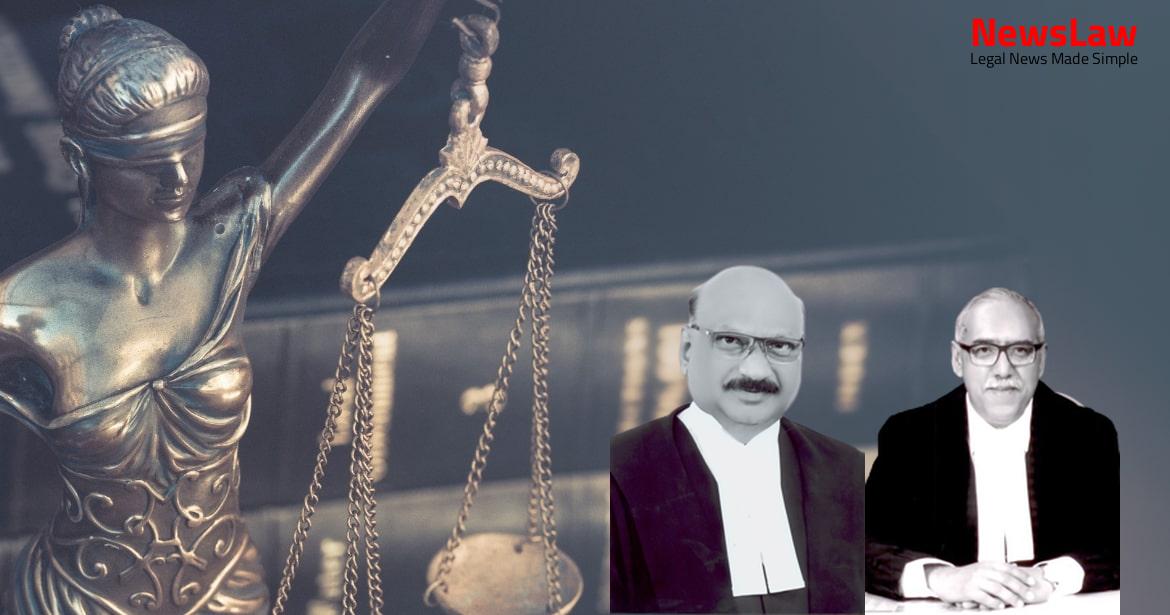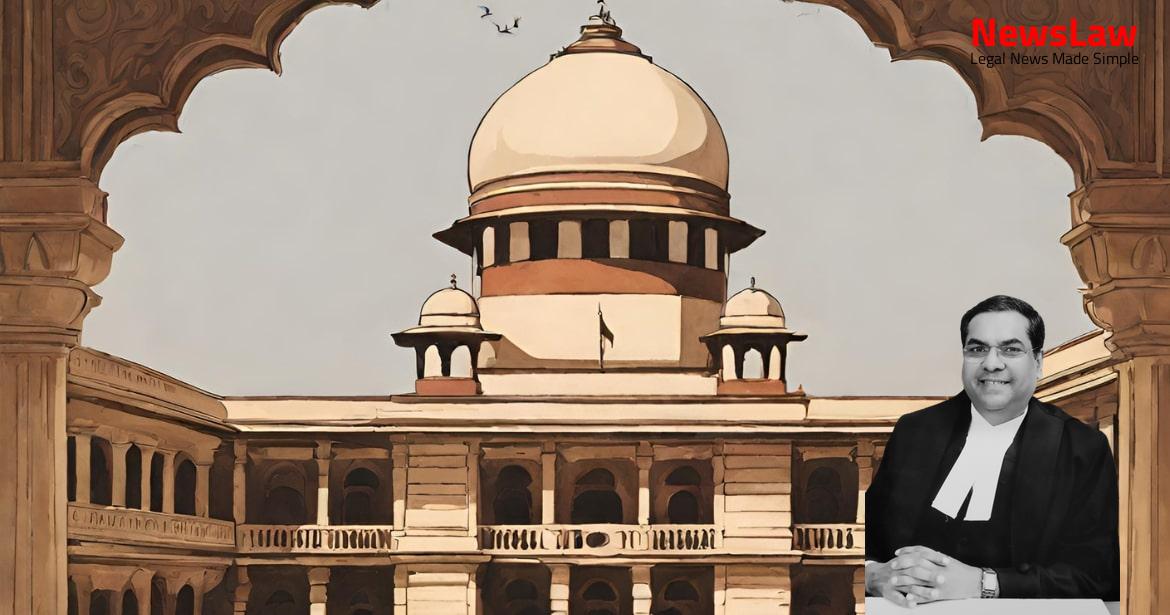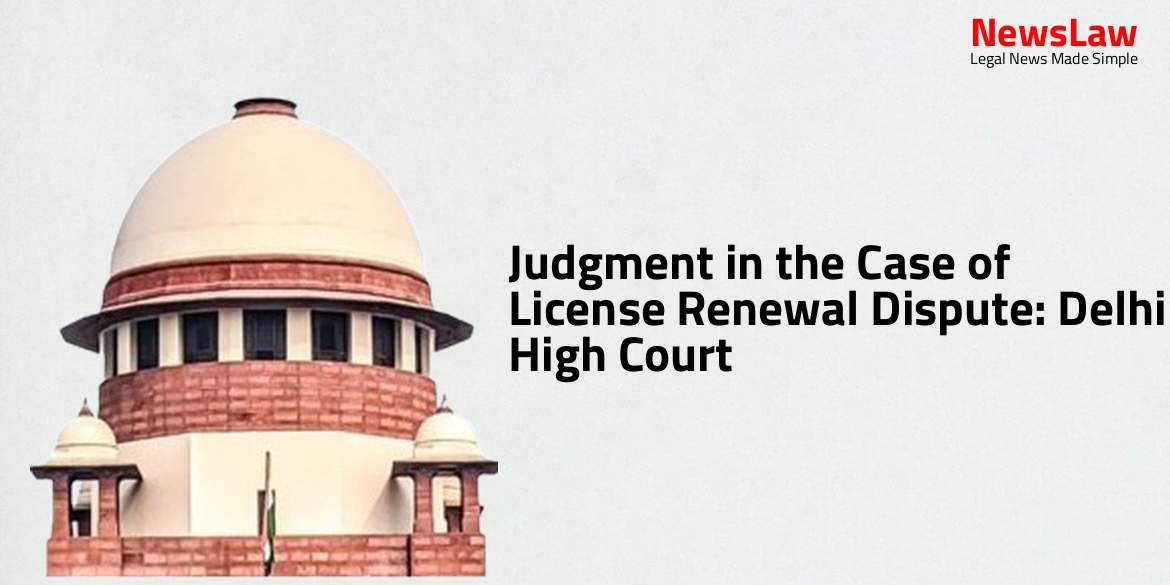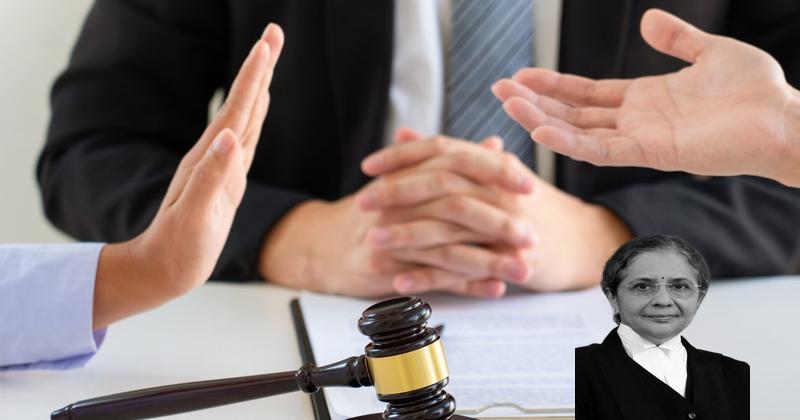Explore the landmark Supreme Court ruling on hotel liability in theft cases. The case delves into the obligations of hotels towards guests’ property and the impact of contractual terms in determining liability. Stay informed about the complexities of bailment law and the standards of care expected from hotels. An insightful analysis for those interested in legal jurisprudence.
Facts
- Respondent No 1’s (car insurer) insurance claim for the stolen car was settled for Rs. 2,80,000.
- The State Commission dismissed the complaint based on the grounds that an insurance company as a subrogee cannot qualify as a ‘consumer.’
- The National Commission observed that its earlier order on the question of locus standi had not been challenged and had attained finality.
- The parking tag handed over to Respondent No 2 stated that the vehicle was parked at his own risk and the management would not be responsible for any loss or theft.
- The State Commission applied the laws of bailment in the context of the stolen car parked by the customer.
- Respondent No 2 entrusted his car to the hotel valet for parking, and it was subsequently stolen by a person who picked up the keys from the desk.
- A subsequent decision overruled the previous judgment, granting locus standi to the car insurer to file the complaint.
- A complaint was filed with the police regarding the stolen car, which remained untraced.
- Respondent No 2 executed a Power of Attorney and letter of subrogation in favor of Respondent No 1 before filing a complaint against the Appellant-Hotel.
- The State Commission directed the hotel to pay Original Name 1 Rs. 2,80,000 as the value of the car with 12% interest and Rs. 50,000 as litigation costs.
- It was observed that it was improbable for Original Name 2 to have stayed in the hotel from 11 p.m. to 1 a.m. without consuming any food or snacks.
- The National Commission applied the principle of infra hospitium, holding the hotel strictly liable for the loss of guest’s property within hotel premises.
- The State Commission ordered a payment of Rs. 1,00,000 to Original Name 2 for inconvenience and harassment faced.
- The State Commission held that the insurer of the hotel would not be liable for indemnification as the theft was not notified in due time.
- The National Commission ruled that liability of the hotel cannot be precluded by a disclaimer of liability on the parking tag.
- The interest awarded was modified from 12% to 9% per annum.
- The State Commission operated on the assumption that Original Name 2 had paid consideration for the contract.
Also Read: Tower Infotech Ltd. Bail Order Appeal
Issue
- Whether the insurer had locus standi to file the complaint as a subrogee?
- Whether the Appellant-hotel can be held liable for the theft of a car taken for valet parking, under the laws of bailment or otherwise?
- If the second question is answered in the affirmative, what is the degree of care required to be taken by the Appellant-Hotel?
- Whether the Appellant-hotel can be absolved of liability by virtue of a contract?
Also Read: Priority of Employees’ Dues in Asset Sale: SARFAESI Act vs. Land Revenue Code
Arguments
- Learned Senior Counsel argued that the Petitioner does not qualify as a ‘consumer’.
- Respondent has the right to file a joint complaint with the original consumer as a subrogee.
- Liability for theft is precluded as per the terms on the parking tag, therefore the Appellant cannot be held liable.
- Counsel for Respondent argued that a bailment necessarily exists under a contract, with terms encapsulated in the parking tag.
- References were made to cases like Bombay Brazzerie and B. Datta to support the argument.
Also Read: Judgment Acquitting Accused in Satpal v. State of India
Analysis
- The judgment discusses the concept of bailment and the duty of care owed by a bailee to the goods of its guests.
- It touches upon the issue of excluding liability by contract and whether a bailee can contract out its liability for negligence.
- The case involves the theft of a car parked by the consumer at a hotel where valet parking was provided, leading to a discussion on the negligence of the hotel in safeguarding the vehicle.
- The analysis examines the standard of care expected in a bailment relationship, especially in the context of valet parking services provided by hotels.
- The imposition of strict liability for theft or loss of guest vehicles is considered burdensome, and a balance between hotel owners and guests’ interests is sought through the prima facie liability rule.
- The existence of a bailment relationship is crucial in determining the liability of hotel owners for guests’ vehicle theft, and the burden of proof lies on the hotel to show reasonable care was taken to prevent such incidents.
- The judgment contrasts situations where a hotel actively controls the parking process (valet parking) versus a more passive parking space scenario, affecting the level of care expected from the hotel.
- The applicability of the prima facie liability rule in India and its relevance in cases involving 5-star hotels is emphasized.
- The analysis critiques the common law strict liability rule and its limited applicability in the Indian context, especially concerning guests’ vehicles.
- The complaint filed by an insurer acting as a subrogee is deemed maintainable under certain conditions, highlighting the legal intricacies in such cases.
- The Court of Appeal held that no relationship of bailment was established, and the defendant was under no contractual liability to the plaintiffs.
- The relationship was deemed to be that of licensor and licensee alone, with no obligations on the licensor’s part towards the chattel left in the car park.
- The rationale for the strict liability rule for innkeepers was rooted in the principle of public utility, ensuring the safety of travelers’ goods.
- The emergence of the strict liability rule was due to the need for inns to provide a safe haven against potential threats like marauders and robbers.
- Some states like Oklahoma and Utah in the United States still uphold strict liability for innkeepers regarding goods kept within their premises.
- While there has been a shift away from the common law insurer’s rule for vehicles of guests, hotel owners are not completely absolved of liability.
- The onus is on the hotel owner to prove the absence of negligence in case of loss or damage to guest property.
- The imposition of strict liability on hotel owners originated in contexts where the safety of travelers was a paramount concern.
- Various jurisdictions have excluded motor vehicles and their contents from the strict liability of innkeepers, showing a trend towards moderating liability.
- The Court emphasized the difference between a person leaving a vehicle in a car park and one making a delivery for safekeeping to establish liability in particular cases.
- Sections 151 and 152 of the Contract Act are relevant.
- Care to be taken by the bailee in a bailment situation.
- Bailment defined as the delivery of goods by one person to another for a specific purpose.
- The goods must be returned or disposed of according to the directions of the person delivering them.
Case Title: TAJ MAHAL HOTEL Vs. UNITED INDIA INSURANCE CO.LTD.
Case Number: C.A. No.-008611-008611 / 2019



